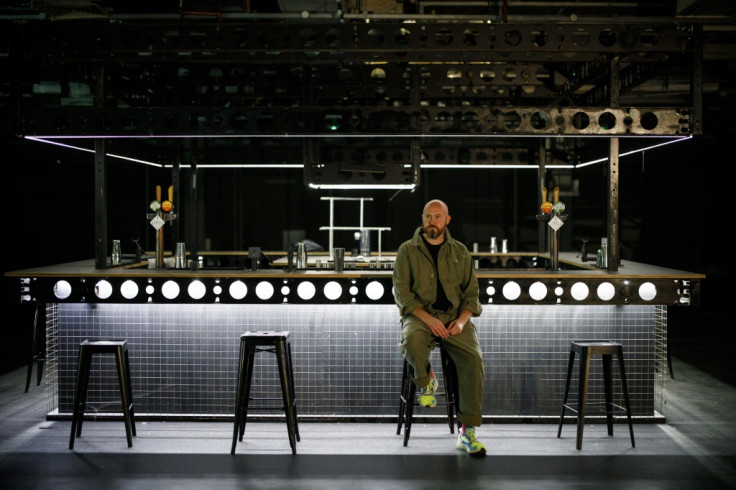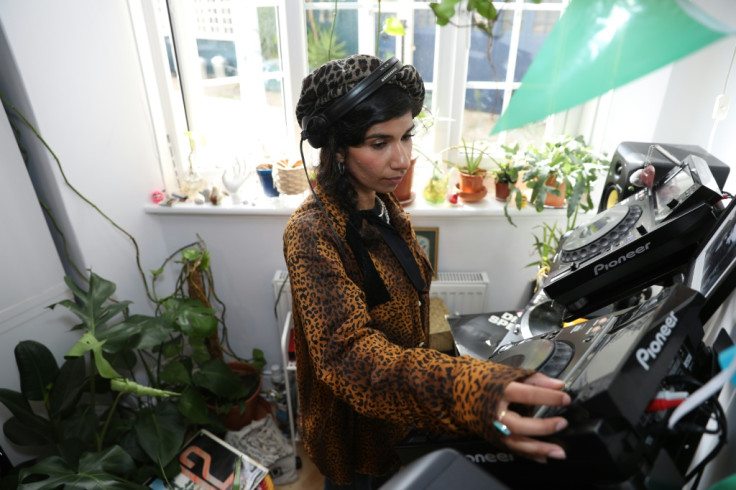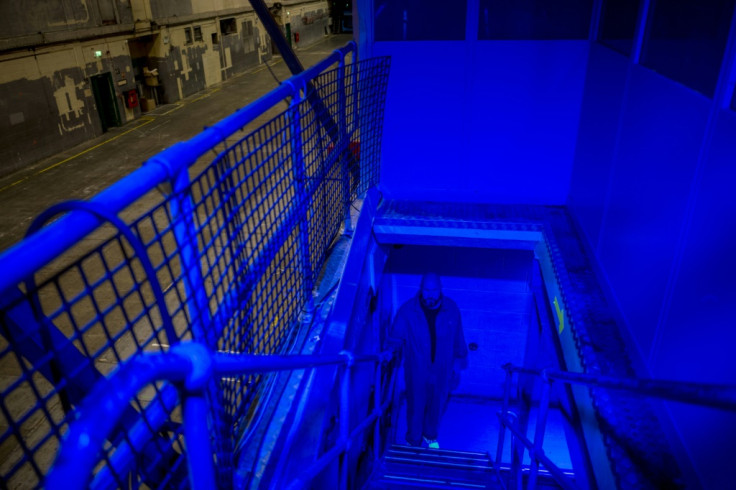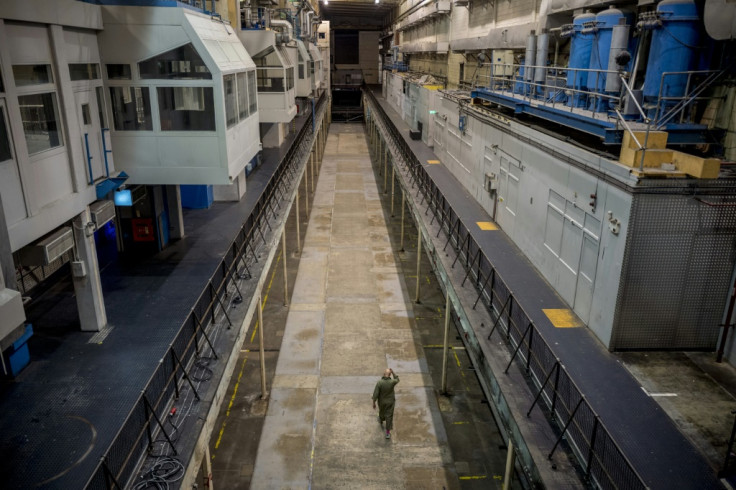Shut UK nightclubs worry about not seeing light of day
Six months after Covid-19, London's dance venues like Printworks and similar ones across Britain are closed, and there is no knowing when they will reopen.
Inside a former London newspaper printing factory turned nightclub, a roaming urban fox has replaced throngs of dancers shut out by the coronavirus pandemic.
Six months after Covid-19 turned off the music and lights at London's Printworks and similar dance venues across Britain, there is no knowing when they will reopen.
The UK government on Friday warned that a second nationwide lockdown could be imminent as virus cases surge once more.

Britain has been the worst-hit country in Europe by the pandemic, with nearly 42,000 deaths from the virus.
Numbers of new cases are meanwhile reaching levels not seen since April, with some attributed to illegal raves.
"We're fighting for our survival," Printworks' co-founder Simeon Aldred told AFP, from the nightclub that just a few months ago welcomed up to 5,000 clubbers an evening.

Aldred is unsure whether he and business partner Bradley Thompson will have to let go 400 staff working across all their venues or plan for reopenings, possibly early next year.
"We've been burning our own (cash) resources," he said, while deploring what he sees as a lack of government visibility.
"It won't go back exactly the way it was but I think people will still want to come together, eat together, pray together (and) dance together."

Peter Marks, the chief executive of Deltic, one of Britain's largest nightclub groups with 53 venues, fears bankruptcy.
"We've come from a very successful healthy company to one brought to its knees," he told AFP, noting the closures are still costing it millions of pounds in rent and other fixed costs.
This is despite government support with paying staff wages and thanks to tax cuts during the pandemic.
According to the Night Time Industries Association, UK nightclubs together with bars, pubs, restaurants and theatres generate ?66 billion (71 billion euros, $84 billion) annually and employ about 1.3 million people.

While the British government has been paying the bulk of wages for millions of workers during the pandemic, its furlough scheme is set to end in October, with analysts forecasting a surge in unemployment as a result.
"We know this is an incredibly difficult time for nightclubs, but they will need to remain closed for now in line with current scientific advice to control the virus," said a government statement.
"We continue to engage with industry representatives and listen to their concerns."
While acknowledging the risks, Marks believes the clubs can reopen safely.
"We dont want to cause a spike (in virus cases) but we think we can have a way to come back with protocols to reduce the risks," he said.
Britain is meanwhile not alone in shutting nightclubs, with Berlin's famous Berghain venue transforming into a sound exhibition.
In the UK, for artists like DJ and music producer Nabihah Iqbal, the pandemic has had a "catastrophic effect".
"Normally I'm really busy touring and playing all around and now everything has stopped," Iqbal said from her home as she mixed tunes for radio inspired by music from around the world.
Last week, she performed in a bar for the first time since March but fears the return could be short-lived given the current virus spike in Britain.
DJ Shosh and her group 24H Garage Girls meanwhile lament at missing out on the chance to perform at the famous Glastonbury music festival.
"It's been heartbreaking. The morale among the team is very low," she said.
"We've been working every weekend (for the) past few years. Now we don't even see each other."
Copyright AFP. All rights reserved.
This article is copyrighted by International Business Times, the business news leader



















